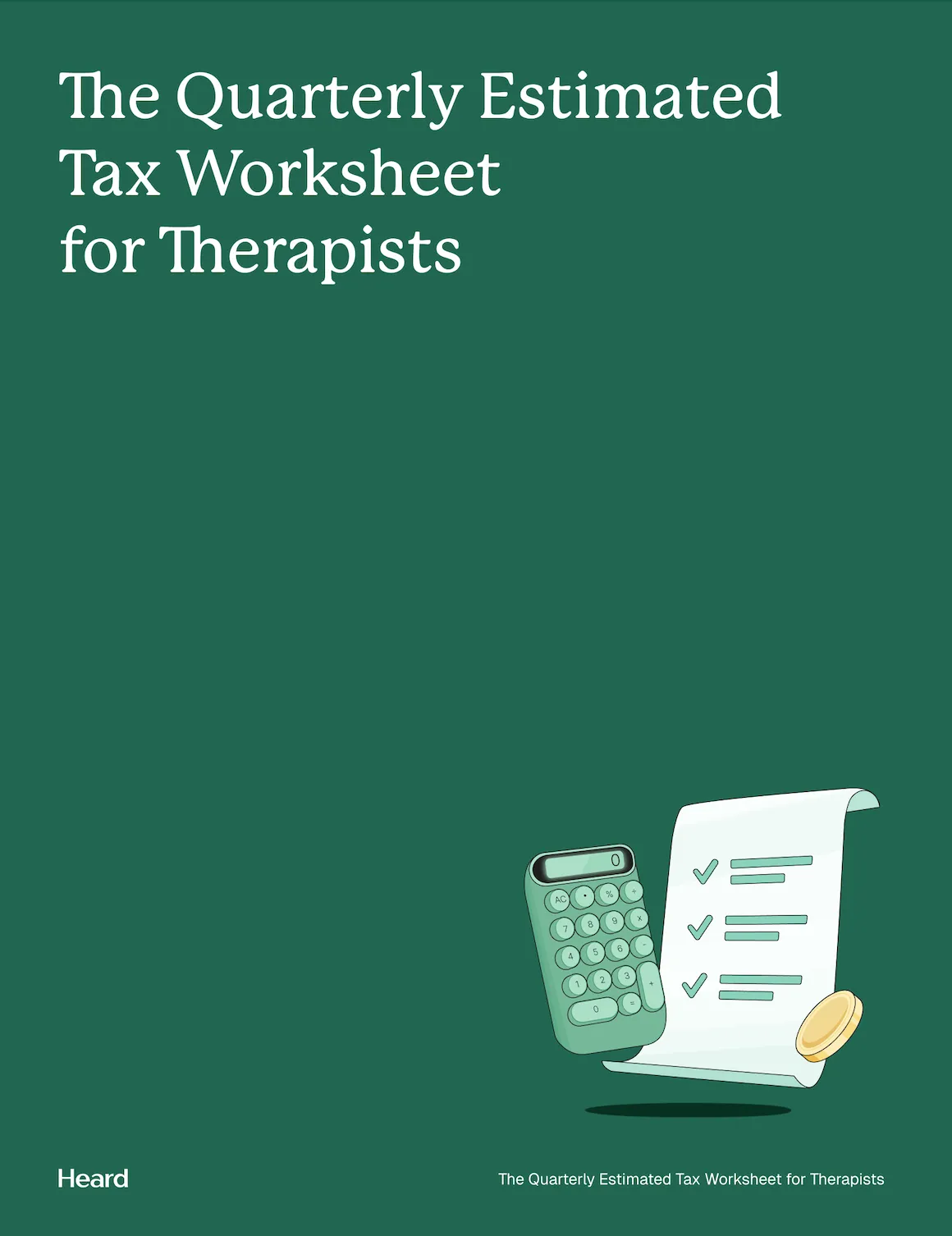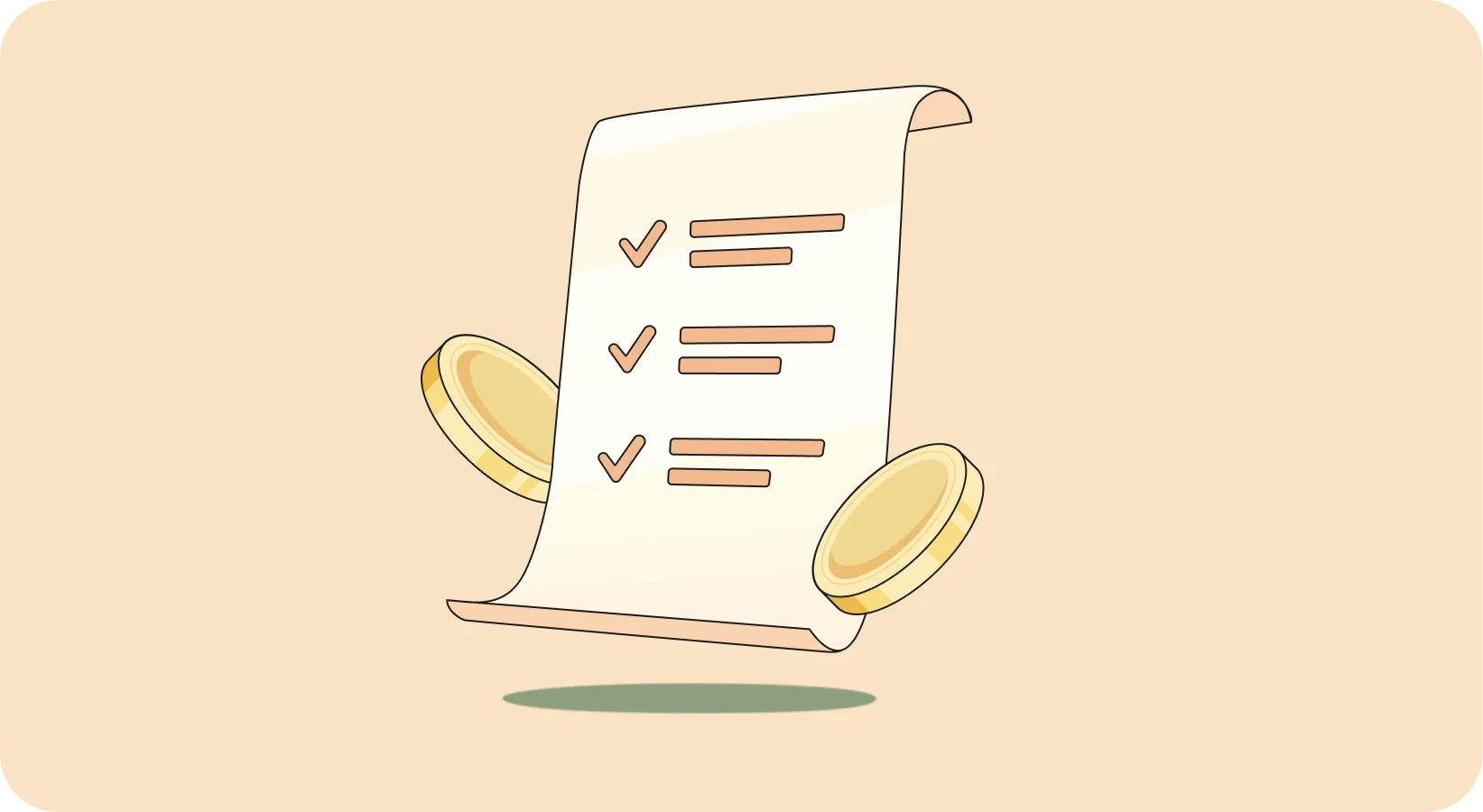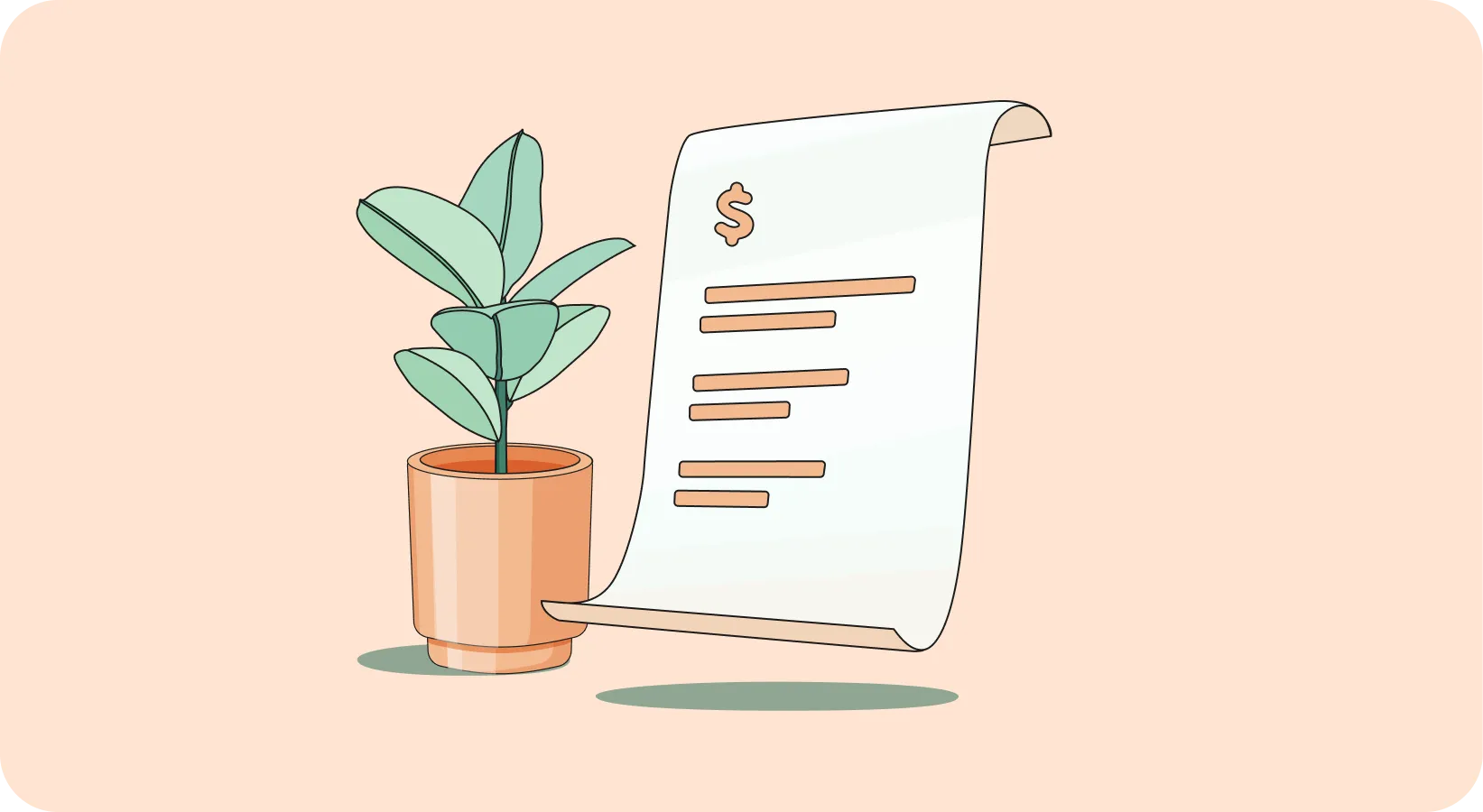Missed a quarterly tax deadline for your therapy practice? While IRS penalties for late tax payments aren’t likely to bankrupt your business, the longer you put off paying, the more you’ll owe.
The good news is you may be able to have those penalties waived. Read on to learn what happens if you’re late paying estimated taxes, and what you can do to fix the problem ASAP.
Who pays quarterly estimated taxes?
Quick refresher: You need to pay quarterly estimated taxes if you’re self-employed (but you don’t pay yourself as an employee—more on that in a minute) and you expect to owe $1,000 or more in taxes for the year.
The one exception to this rule is if you had no self-employment tax liability the prior year. So, if it’s your first year in business, you can get away with paying your taxes in a single lump sum after you file. For all subsequent years, however, you’ll need to pay estimated taxes.
If your therapy practice is an S corporation, and you earn salary as its owner, you’re not personally liable for quarterly estimated taxes. Instead, you’ll withhold income tax from your paycheck, as you would with any other employee.
{{resource}}
2025 quarterly estimated tax deadlines for therapists
For the 2025 tax year, the deadlines to pay quarterly estimated taxes are:
- April 15 (for income received between January 1 and March 31)
- June 16 (for income received between April 1 and May 31)
- September 15 (for income received between June 1 and August 31)
- January 15, 2026 (for income received between September 1 and December 31)
As soon as you miss one of these deadlines, you owe penalties. And the amount you owe increases the longer you go without paying.
Penalties for late quarterly estimated tax payments
If you don’t pay your quarterly estimated taxes by the deadline, the IRS penalizes you for underpaying your taxes, not for missing the payment.
Meaning, there’s no “late fee” you pay. If you owe $4,000 in taxes, and you don’t pay it, you’re penalized for paying $4,000 less than you owe.
Similarly, if you owe $4,000, and you only pay $3,000, you’re penalized for an underpayment of $1,000. It’s the exact same penalty as failure to pay—the only difference is the amount.
How much do you have to pay if you miss a quarterly tax payment?
As a rule, if you miss a quarterly tax payment:
- The IRS docks you 0.5% of the amount owed, to a maximum of 25%
- You must pay interest on the amount owed, and the interest rate can change
These percentages are cumulative and calculated monthly.
Since the IRS interest rate can change, there’s no hard and fast rule for exactly how much you’ll owe if your payment is late.
If you’re not sure how much you owe in unpaid quarterly taxes, you have two options:
- Ask the IRS. Your tax return has a box you can leave empty. If you do, the IRS will send you a bill for your underpaid quarterly taxes. For Form 1040, it’s box 38. For Form 1120-S, it’s box 24.
- Do the math yourself. Form 2210 is a worksheet for calculating your underpayment penalty if you file your taxes with Form 1040. If you file your taxes with Form 1120-S, use Form 2220.
Penalties are calculated on a quarterly basis
Penalties for unpaid quarterly estimated taxes are calculated on a quarterly basis. Even if you pay more than you owe in taxes for the entire year, as long as you underpaid for a particular quarter, you’ll be penalized for that particular quarter.
What’s more, if you overpay for a particular quarter, you may incur overpayment penalties. So skipping one tax payment and paying double on the next one is a doubly unwise idea.
{{resource}}
What to do if you’re late paying quarterly estimated taxes
If you missed a quarterly tax payment for your therapy practice, you may be tempted to just wait until your next tax payment is due, and then pay double.
This isn’t the best option. Remember, penalties and interest on underpayments are cumulative, and calculated monthly. The longer you go without paying, the more you will end up owing the IRS. You should pay your late quarterly estimated taxes as soon as possible.
If you’re unable to pay the full amount, pay a portion of it. This not only reduces the penalty you accumulate, it indicates to the IRS that you intend to pay your taxes to the best of your ability, and that you aren’t simply ignoring your tax obligations.
Later on, if you continue having trouble paying your outstanding debt to the IRS, and need to set up a payment plan, the fact that you’ve paid to the best of your ability may encourage the tax authorities to be more lenient with you.
How to have penalties on late estimated taxes waived
If unforeseen events—namely, disability or disaster—prevent you from making your estimated tax payments fully or on time, the IRS may waive penalties on the outstanding amount.
To apply for a waiver, fill out and submit Form 2210. Be sure to check either Box A or Box B (application for a full or partial waiver, respectively) on Part II of the form.
Then, write a statement explaining why you were unable to make your estimated payment on time, and attach it when you submit Form 2210.
You will need supporting documentation to back up any claims of disability or disaster. For disability, you may include hospital documents or copies of insurance claims. For a disaster, attach copies of reports from the police or your insurance company.
—
Not sure how much to pay in quarterly taxes? When you join Heard, we’ll project your income and expenses, review taxes you’ve paid, and let you know how much to pay to the IRS and your state each quarter. Schedule a free consultation.
This post is to be used for informational purposes only and does not constitute legal, business, or tax advice. Each person should consult his or her own attorney, business advisor, or tax advisor with respect to matters referenced in this post.
Bryce Warnes is a West Coast writer specializing in small business finances.
{{cta}}
Manage your bookkeeping, taxes, and payroll—all in one place.

Discover more. Get our newsletter.
Get free articles, guides, and tools developed by our experts to help you understand and manage your private practice finances.
Lock in our lowest prices of the year, plus exclusive add-ons. Sign up by December 31 to take advantage of these savings.
Schedule a free consult




